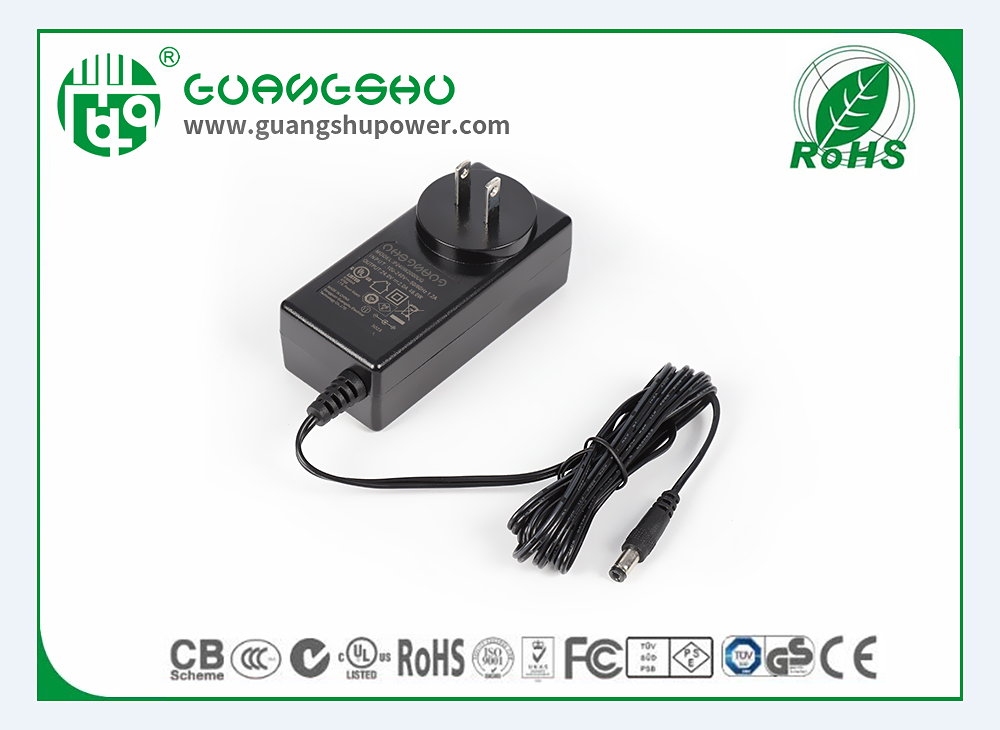Time:2025-11-18 Views:0

The Linear Voltage-Regulated Charger is a reliable power solution designed to deliver stable, consistent voltage to charge a wide range of electronic devices, distinguishing itself from switching chargers with its simplicity and low electrical noise. Unlike switching chargers that use high-frequency switching to regulate voltage (which can introduce electrical interference), this linear charger employs a linear voltage regulation circuit—typically using a transistor or integrated voltage regulator (like the popular 7805 series)—to adjust and stabilize the output voltage. This design ensures the charger produces a smooth, ripple-free voltage output, making it ideal for devices sensitive to voltage fluctuations, such as vintage electronics, low-power sensors, or small audio equipment.
One of the key strengths of the Linear Voltage-Regulated Charger is its voltage stability. It maintains a precise output voltage (e.g., 5V, 9V, or 12V) even when the input voltage varies slightly (within its operating range) or the load current changes. For example, if you’re charging a 5V USB-powered device like a portable Bluetooth speaker, the charger will keep the output at exactly 5V ±0.05V, preventing overcharging or undercharging that could damage the device’s battery or reduce its lifespan. This level of stability is especially crucial for devices with delicate battery chemistries, such as nickel-metal hydride (NiMH) or lithium-ion (Li-ion) batteries that require precise voltage control during charging.
Compatibility is another advantage. It works with devices that require a fixed, low-to-moderate current (usually up to 2A), including small smartphones, digital cameras, portable game consoles, and household gadgets like LED string lights. The charger typically comes with interchangeable DC plugs or a USB port, allowing it to connect to different devices easily. For instance, a 12V/1A linear charger can power a small digital camera’s battery charger, while a 5V/2A model can charge an older iPhone or Android smartphone.
Safety and durability are built into the design. It includes basic protection features like over-voltage protection (to shut down the charger if the output voltage exceeds a safe threshold) and short-circuit protection (to cut power if the output is shorted). The linear regulation circuit also generates less heat compared to poorly designed switching chargers, and the charger’s casing—often made of heat-resistant plastic or metal—further enhances safety. While it may be slightly larger and less energy-efficient than high-end switching chargers, its reliability and low noise make it a top choice for users prioritizing device safety and voltage stability. Whether you’re powering vintage electronics, charging small devices at home, or using it in a low-noise environment like a recording studio, the Linear Voltage-Regulated Charger delivers consistent, dependable performance.
Read recommendations:
12W waterproof Switching power supply
4.2V Australian standard battery charger
12V5A 60W C14 Switching Power Supply